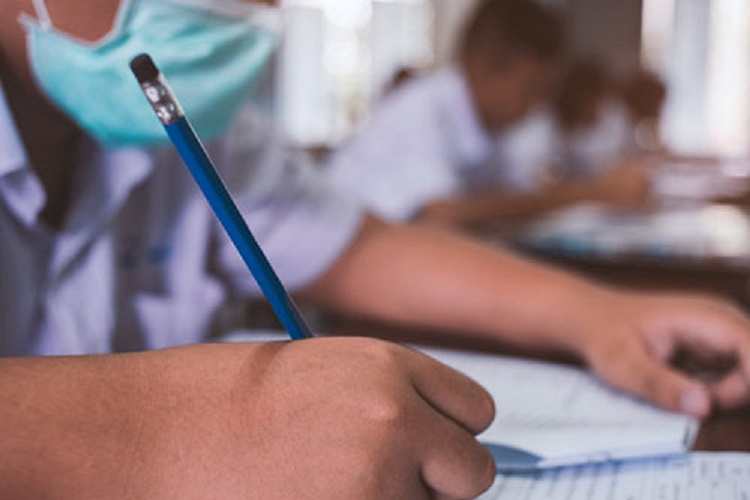Around 9 million 4 to 18-year-old children attend school in England. This is around 16 per cent of the total population. Schools face challenges in re-opening safely because there is very little scientific evidence on:
- the impact and transmission patterns of COVID-19 in schoolchildren
- how patterns of infection amongst pupils might impact the wider community, or
- the long-term consequences of school closure on the health of pupils.
Limiting the transmission of coronavirus in schools is challenging because children with COVID-19 are often asymptomatic or show no obvious symptoms, and schoolchildren usually interact with lots of other children and adults.
We are working with ARC West, Bristol City Council, Public Health England, local primary and secondary schools and other city stakeholders to test staff and pupils regularly for COVID-19 infections. Infection patterns across Bristol will be mapped to highlight areas that may need more support.
The Germ Defence website gives practical advice to adults to reduce infection spread in the home. It will be adapted for use by children, teachers and parents to help everyone reduce the infection rate at school and in the community.
We will also explore the mental wellbeing of pupils and staff as they re-adjust to school life following the national lockdown and school closures. We will examine approaches taken by schools to ensure good mental wellbeing of pupils as they return to school, and how they will identify and address future issues that might arise.

Project aims
This project aims to:
- test whether 5,000 staff and pupils at participating schools across Bristol have active or previous COVID-19 infection
- develop systems to help schools prevent, or cope with an outbreak
- assess strategies to support the mental wellbeing of the school community.
Anticipated impacts
The research findings will create new knowledge and tools to help schools as they deal with the practical challenges of preventing, or coping with, outbreaks of COVID-19.
Project dates
This is a 12-month study that will run until July 2021.
Funder
The project is funded by the National Institute for Health Research (NIHR) and UK Research and Innovation (UKRI).
Research team
Lead collaborators: Caroline Relton and Matthew Hickman (University of Bristol); Jeremy Horwood, Sabi Redwood, Russ Jago and Lucy Yardley (University of Bristol and ARC West).